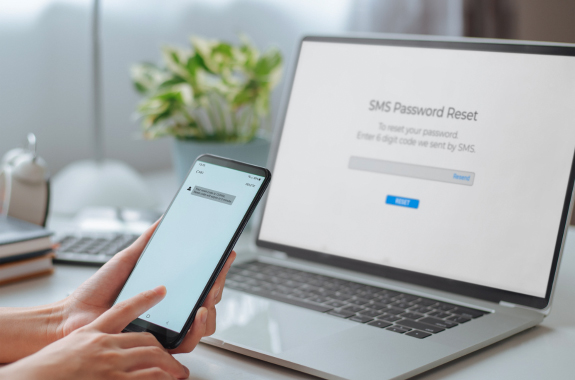In our increasingly digital world, it’s easy to forget just how vital our passwords are. Whether you’re managing online banking, social media accounts, or even digital family photos, the right passwords can make all the difference for your loved ones when it comes time to access your important information. If an emergency arises, having a plan in place ensures that your family can navigate your digital life without unnecessary stress. Here are four essential passwords you should consider leaving for your loved ones:
1. Banking and Financial Accounts
This one is non-negotiable. Your banking credentials give access to accounts that manage your finances, investments, and bills. Without them, your loved ones could struggle to manage your affairs during a tough time. Leave details for online banking, credit card accounts, and investment platforms, including the websites, usernames, and passwords. If you use a password manager, share access in a secure manner.
2. Email Accounts
Your email accounts serve as a gateway to many of your online services, including recovery options for other accounts. Sharing your email passwords can help your loved ones access important documents and messages. Moreover, it allows them to communicate on your behalf if needed. Be sure to also include any alternative email accounts you may have used for important communications.
3. Social Media Accounts
Your social media accounts hold memories, connections, and important information about your life. Sharing passwords to platforms like Facebook, Instagram, and Twitter can help your loved ones manage your online presence, whether they need to post an update, memorialize your profile, or simply access cherished photos and messages. Remember to discuss what you’d like them to do with your accounts, whether that’s keeping them open or closing them down.
4. Cloud Storage Services
Many of us store important documents, family photos, and treasured memories in cloud services like Google Drive, Dropbox, or iCloud. Providing your loved ones with access to these accounts means they can retrieve important documents—such as wills, insurance policies, or personal letters—when needed. Make sure to include any necessary information about how to access these services, especially if you’ve enabled two-factor authentication.
Creating a Safe Space for Your Information
Leaving passwords for your loved ones doesn’t have to be a daunting task. By organizing your information here in your Accounts and Passwords Box, you can make it easy for your family to access what they need without the hassle of searching through paperwork or guessing passwords. If you would rather keep your passwords elsewhere, make sure to note here how to access them.
Final Thoughts
While it may feel uncomfortable to think about leaving behind sensitive information, doing so can provide your loved ones with peace of mind during a challenging time. By sharing these essential passwords, you empower your family to manage your affairs with ease. Taking these steps today ensures that, when the time comes, your loved ones are equipped with the tools they need to honor your wishes and carry on seamlessly.

